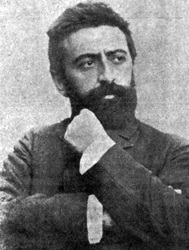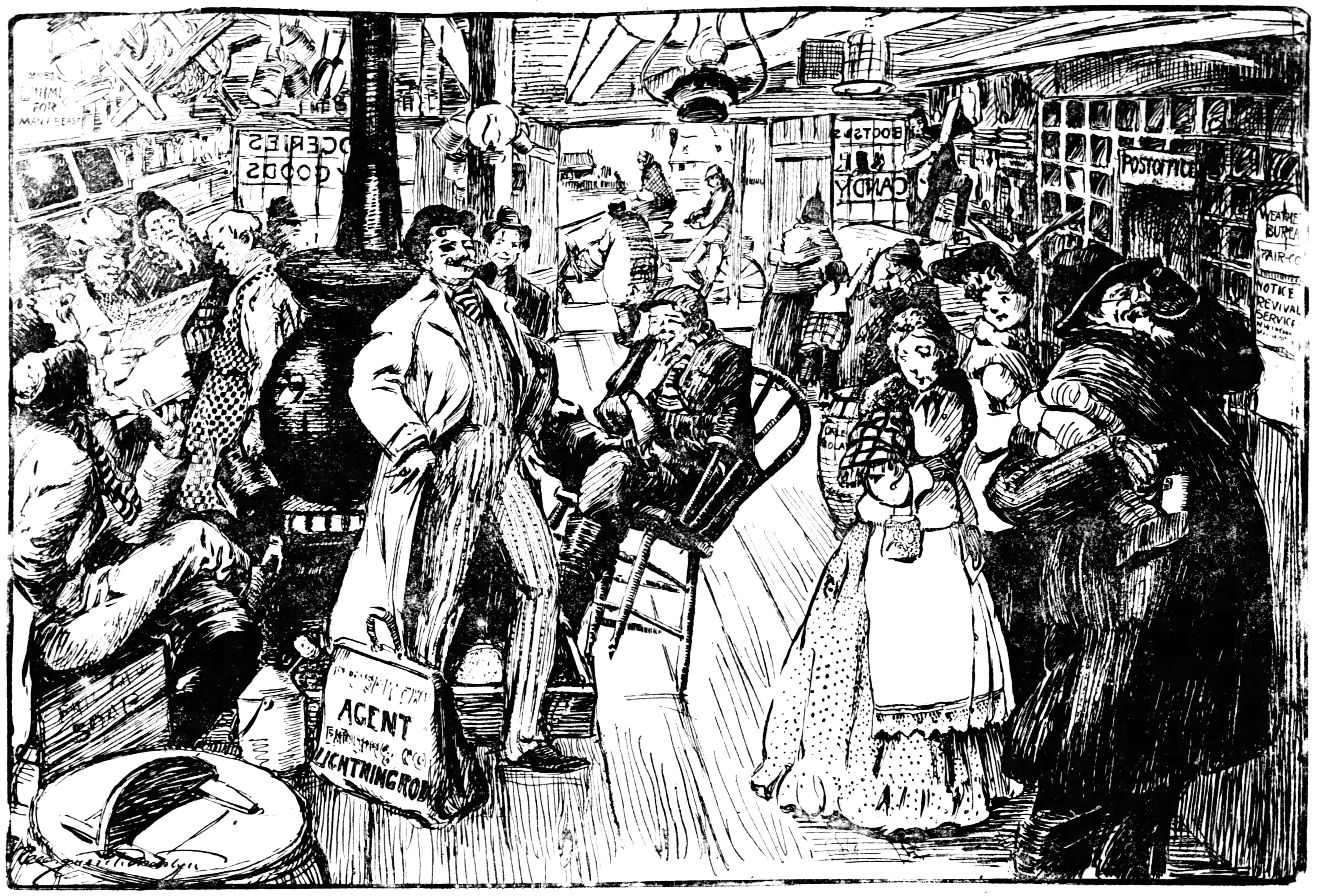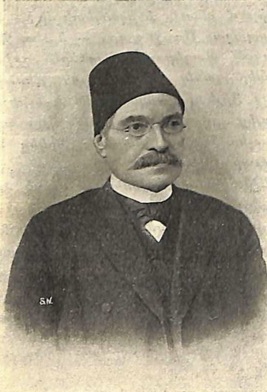|
Arevelk
''Arevelk'' (in Armenian language, Armenian Արեւելք meaning Orient) was a widely circulated and read Armenian language, Armenian newspaper published and circulated throughout the Ottoman Empire. The newspaper was started by a collaboration of many Armenian writers including Arpiar Arpiarian. Prominent contributors * Zabel Sibil Asadour * Arshag Chobanian * Msho Kegham * Vahan Malezian * Hrand Nazariantz * Levon Pashalian * Tlgadintsi * Karapet Utudjian * Yerukhan * Krikor Zohrab References {{Reflist Defunct Armenian-language newspapers Newspapers published in Istanbul Newspapers established in 1884 Turkish people of Armenian descent Daily newspapers published in Turkey 1884 establishments in the Ottoman Empire ... [...More Info...] [...Related Items...] OR: [Wikipedia] [Google] [Baidu] |
Arpiar Arpiarian
Arpiar Arpiarian () (December 21, 1851 – February 12, 1908) was a writer and a political activist from the Ottoman Empire. He was the pioneer of realism in Armenian literature. Early life and education Arpiar Arpiarian was born in 1851 aboard a ship as his parents, who were originally from Akn (an Armenian town on shore of the Euphrates prior to the Armenian genocide), were traveling from Samsun to Constantinople. The family settled in the suburb of Ortaköy, where Arpiar attended the Tarkmanchats (Թարգմանչաց) Armenian school. In 1867, he was sent to Venice to attend the Moorat-Raphael College (Մուրատ-Ռափայէլեան) school. At Moorat-Raphael, he studied Armenian language and history under the tutelage of Ghevont Alishan. He also became familiarized with French and Italian literature. He graduated from the school and returned to Constantinople where he was offered a secretarial position at the Armenian Patriarchate. During this time, he also ... [...More Info...] [...Related Items...] OR: [Wikipedia] [Google] [Baidu] |
Levon Pashalian
Levon Pashalian (; 1868 in Constantinople, Ottoman Empire - 1943 in Vichy, France), was an Armenian short story writer, journalist, editor, novelist, and politician. Biography Levon Pashalian was born in 1868 in Üsküdar, a district of Constantinople that is situated on the Asiatic side of the Bosphorus. He attended the prestigious Berberian Varjaran (High School) and studied under famed principal and pedagogue Reteos Berberian (Who was the founder and principal of the school as well). He began his literary career in the local ''Massis'', Arevelk, and ''Hayrenik'' Armenian newspapers. He joined the Hnchakian political party but fled to safety in Paris, France in the 1890s when the Ottoman government began persecuting Armenian political activists. He met with Arpiar Arpiarian in London and began a newspaper called ''Nor Gyank'' dedicated to the newly found Reformed Hnchakist Party. This paper later merged into Hnchak, which would be the Party's official organ. In 1902 Levon P ... [...More Info...] [...Related Items...] OR: [Wikipedia] [Google] [Baidu] |
Krikor Zohrab
Krikor Zohrab (; 26 June 1861 – 1915) was an influential Armenian writer, politician, and lawyer from Ottoman Constantinople, Constantinople. At the onset of the Armenian genocide he was arrested by the Turkish government and sent to appear before a military court in Diyarbakır. En route, at a locality called Karaköprü or Şeytanderesi on the outskirts of Şanlıurfa, Urfa, he was murdered by a band of known brigands under the leadership of Çerkez Ahmet, Halil and Nazım some time between 15 July and 20 July 1915. Kévorkian, Raymond H.R. P. Yervant P‛erdahdjian: événements et faits observés à constantinople par le vicariat [patriarcal(1914-1916)]," ''Revue d'histoire arménienne contemporaine'' 1 (1995), p. 254. Life Zohrab was born into a wealthy family in Beşiktaş, Constantinople on 26 June 1861. His early education was completed at a local Armenian Catholic Church, Armenian Catholic school. He received a civil engineering degree from Galatasaray Institute, but ... [...More Info...] [...Related Items...] OR: [Wikipedia] [Google] [Baidu] |
Tlgadintsi
Tlgadintsi or Tlkatintsi (), Hovhannes Harutiunian (, 1860, Tlkatin village, Kharpert, Ottoman Empire – 1915) was an Ottoman Armenian writer and teacher noted for his leading role in rural literature.The Heritage of Armenian Literature, By Agop J. Hacikyan, Gabriel Basmajian, Edward S. Franchuk, Wayne State University Press, 2005, pp. 497-498 He is credited with giving the first authoritative response to a call from Constantinople's Armenian intelligentsia, issued in the early 1890s, for writing firmly rooted in the village life of historic Western Armenia. Tlgadintsi's unique realist works range from probing the darkest corners of village life to revisiting cherished moments of childhood. Through his esteem as a mentor and his power as a writer he opened the way for a new generation of important writers such as Rupen Zartarian, Peniamin Noorigian, Vahé Haig, Vahan To ... [...More Info...] [...Related Items...] OR: [Wikipedia] [Google] [Baidu] |
Turkish People Of Armenian Descent
Turkish may refer to: * Something related to Turkey ** Turkish language *** Turkish alphabet ** Turkish people, a Turkic ethnic group and nation *** Turkish citizen, a citizen of Turkey *** Turkish communities in the former Ottoman Empire * The word that Iranian Azerbaijanis use for the Azerbaijani language * Ottoman Empire (Ottoman Turkey), 1299–1922, previously sometimes known as the Turkish Empire ** Ottoman Turkish, the Turkish language used in the Ottoman Empire * Turkish Airlines, an airline * Turkish music (style), a musical style of European composers of the Classical music era * Turkish, a character in the 2000 film '' Snatch'' See also * * * Turk (other) * Turki (other) * Turkic (other) * Turkey (other) * Turkiye (other) * Turkish Bath (other) * Turkish population, the number of ethnic Turkish people in the world * Culture of Turkey * History of Turkey ** History of the Republic of Turkey * Turkic languages ... [...More Info...] [...Related Items...] OR: [Wikipedia] [Google] [Baidu] |
Newspapers Established In 1884
A newspaper is a Periodical literature, periodical publication containing written News, information about current events and is often typed in black ink with a white or gray background. Newspapers can cover a wide variety of fields such as politics, business, sports, art, and science. They often include materials such as opinion columns, weather forecasts, reviews of local services, Obituary, obituaries, birth notices, crosswords, editorial cartoons, comic strips, and advice columns. Most newspapers are businesses, and they pay their expenses with a mixture of Subscription business model, subscription revenue, Newsagent's shop, newsstand sales, and advertising revenue. The journalism organizations that publish newspapers are themselves often Metonymy, metonymically called newspapers. Newspapers have traditionally been published Printing, in print (usually on cheap, low-grade paper called newsprint). However, today most newspapers are also Electronic publishing, published on webs ... [...More Info...] [...Related Items...] OR: [Wikipedia] [Google] [Baidu] |
Newspapers Published In Istanbul
A newspaper is a periodical publication containing written information about current events and is often typed in black ink with a white or gray background. Newspapers can cover a wide variety of fields such as politics, business, sports, art, and science. They often include materials such as opinion columns, weather forecasts, reviews of local services, obituaries, birth notices, crosswords, editorial cartoons, comic strips, and advice columns. Most newspapers are businesses, and they pay their expenses with a mixture of subscription revenue, newsstand sales, and advertising revenue. The journalism organizations that publish newspapers are themselves often metonymically called newspapers. Newspapers have traditionally been published in print (usually on cheap, low-grade paper called newsprint). However, today most newspapers are also published on websites as online newspapers, and some have even abandoned their print versions entirely. Newspapers developed in the 17th cent ... [...More Info...] [...Related Items...] OR: [Wikipedia] [Google] [Baidu] |
Defunct Armenian-language Newspapers
{{Disambiguation ...
Defunct may refer to: * ''Defunct'' (video game), 2014 * Zombie process or defunct process, in Unix-like operating systems See also * * :Former entities * End-of-life product * Obsolescence Obsolescence is the process of becoming antiquated, out of date, old-fashioned, no longer in general use, or no longer useful, or the condition of being in such a state. When used in a biological sense, it means imperfect or rudimentary when comp ... [...More Info...] [...Related Items...] OR: [Wikipedia] [Google] [Baidu] |
Yerukhan
Yervant Srmakeshkhanlian (; 1870 – 1915), known by his pen name Erukhan () or Yerukhan, was an Armenian writer of late 19th and early 20th centuries. He was killed during the Armenian genocide. Life Erukhan was born in 1870 in the city of Constantinople (Istanbul). He received his childhood education from the Nersesian institution, an old and shabby building serving as a school. Erukhan based one of his humorous characters in the novel “The Lord’s Daughter” (Armenian: Ամիրային Աղջիկը) on the school’s principal: Constantine Abantarian. As a student, Erukhan was said to be a lazy and weak student. He had a particular distaste for mathematics, saying that the first individuals that he detested in his life were his mathematics teachers. In 1886, Erukhan's father pushed him to pursue a career in medicine but a family friend persuaded him to enroll his son in the newly opened Central College (Armenian: Կեդրոնական Վարժարան). Erukhan enrolled ... [...More Info...] [...Related Items...] OR: [Wikipedia] [Google] [Baidu] |
Karapet Utudjian
Garabed Utudjian (; 1823 in Constantinople, Ottoman Empire – 1904) was a prominent Armenian Armenian may refer to: * Something of, from, or related to Armenia, a country in the South Caucasus region of Eurasia * Armenians, the national people of Armenia, or people of Armenian descent ** Armenian diaspora, Armenian communities around the ... journalist, translator, and writer. In the 1840s, Utujian taught history, geography, Classical Armenian and French in a series of Armenian schools in Constantinople and worked as a private tutor in the homes of two wealthy Armenian families. In 1848, he traveled to Paris and studied at the École supérieure de commerce, where he specialized in economics and earned a diploma in 1851. During his time in Paris, he also attended lectures by the critic Saint-Marc Girardin, the political economist Michel Chevalier and the historian Jules Michelet at the Sorbonne and the Collège de France. Before returning to Constantinople, Utujian traveled ... [...More Info...] [...Related Items...] OR: [Wikipedia] [Google] [Baidu] |
Hrand Nazariantz
Hrand Nazariantz (Հրանտ Նազարեանց, January 8, 1886 – January 25, 1962) was an Ottoman Empire, Ottoman Armenians in the Ottoman Empire, Armenian poet and translator who lived most of his life in Italy. Biography Born in the Üsküdar district of Istanbul, Constantinople on January 8, 1880, he was the son of Diran Nazariantz, a businessman and member of the Armenian National Assembly from the district of Kumkapı, and Azniv Merametdjian. He attended the Berberian School, Berberian College from 1898, but he was expelled because of a relationship with another future writer, Mannig Berberian, daughter of Reteos Berberian, founder and owner of the college, and for asking her to marry him. In 1902 he went to London to complete high school, and was hosted "by an ancient family of the English aristocracy." In the same year he completed the first draft of his collection ''Crucified Dreams''. In 1905 he matriculated at the University of Paris, Sorbonne in Paris and joi ... [...More Info...] [...Related Items...] OR: [Wikipedia] [Google] [Baidu] |






